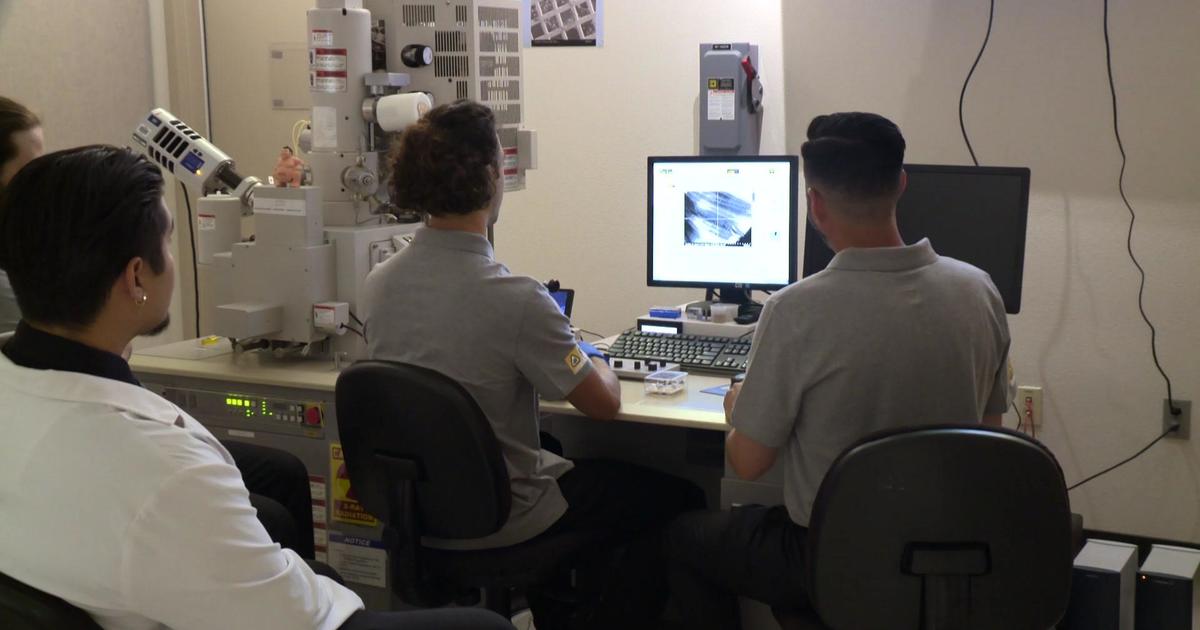Painkillers Before Exercise May Be Bad For The Gut
 WebMD Medical News
WebMD Medical News
Reviewed by Louise Chang, MD
Dec. 6, 2012 -- Popping a painkiller such as ibuprofen to ward off exercise pain or anticipated pain is a common practice among athletes of many ability levels.
Some think it will also improve performance as it reduces pain.
But the practice may be hazardous, according to new research that focused on the use of the anti-inflammatory drug ibuprofen before and after workouts.
"We conclude that nonsteroidal anti-inflammatory drug (NSAIDs) consumption by athletes is not harmless and should be discouraged," writes Kim van Wijck, MD, a surgical resident at ORBIS Medical Center, Maastricht, the Netherlands.
She found ibuprofen aggravated exercise-induced injury in the small intestine in healthy, trained men who were used to endurance workouts. "We used only two oral doses of ibuprofen, in the evening and in the morning before the exercise, and did see small intestinal cellular damage," she says.
"This damage was fully reversible approximately one hour after cessation of the exercise bout," van Wijck says.
She worries, however, about long-term use and its effects.
The study is published in the December issue of Medicine & Science in Sports & Exercise.
Painkillers Before Exercise: Study Details
For the study, van Wijck evaluated nine healthy, trained men. On average, they were age 27.
They typically spent three to 10 hours weekly in endurance sports. She assessed them on four occasions to look at the effect of ibuprofen (Advil, Motrin). In four sessions, they:
- Took 400 milligrams of ibuprofen twice before cycling an hour
- Cycled an hour without taking ibuprofen
- Took 400 mg of ibuprofen twice while at rest
- Rested without taking ibuprofen
In previous research, van Wijck showed that exercise reduces blood flow in the gastrointestinal system. It is also known that NSAIDs like ibuprofen can reduce blood flow.
In the new study, she evaluated indicators of intestinal injury after each of the four sessions. Both ibuprofen and cycling resulted in higher levels of these indicators. Levels were higher after cycling with ibuprofen than after any of the other three conditions.
The combination of ibuprofen and exercise also decreased what experts call ''gut barrier function," possibly resulting in bacteria escaping from the intestines into the blood.
Taking ibuprofen before exercise should be strongly discouraged, van Wijck says. She knows the practice is common. Some research shows up to 90% of athletes in soccer and triathlons use painkillers.
She only studied men but believes the findings would also apply to women.
What to do instead of popping an ibuprofen? A better choice would be acetaminophen, van Wijck says. "It works more or less like NSAIDs, but it is thought to cause a little less intestinal injury. But I would suggest no painkillers if not strictly necessary."
Instead, she says, try eating a small amount of food before or during workouts to maintain some gastrointestinal blood flow.
Ibuprofen Before Exercise: Second Opinion
"The findings are not a surprise to me at all," says Heather Gillespie, MD, MPH, a sports medicine doctor at UCLA Medical Center, Santa Monica. She reviewed the findings.
The practice of taking a painkiller before endurance events or other strenuous exercise is very common, she says. Her patients talk about it often.
Gillespie, too, cautions her patients against the practice. "They're over-the-counter medicines," she tells them, "but they are not low risk."
"I think this [study] gives us more evidence," Gillespie says, that the drugs should be used prudently.
Besides potential gastrointestinal damage, there are other hazards, she says. Among them: If you take a painkiller before a strenuous workout, and then injure yourself, you may not know it. The painkiller may mask your symptoms.
The drug-facts label for ibuprofen, provided by the FDA, states that ibuprofen should be used to temporarily relieve minor aches and pains. It also warns that the drug may cause stomach bleeding, especially in adults 60 years or older.



